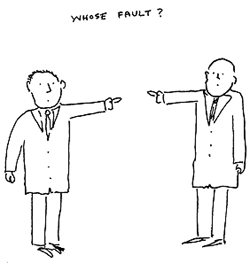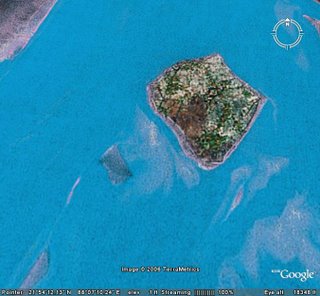 Oregon has yet another new bill before its legislature about open standards in government. Unfortunately, this one equivocates on the choice of document standards and may produce more confusion than uniformity and interoperability among agencies.
Oregon has yet another new bill before its legislature about open standards in government. Unfortunately, this one equivocates on the choice of document standards and may produce more confusion than uniformity and interoperability among agencies.House Bill 2920 "[r]equires state agencies to disclose public records in electronic form in certain circumstances and, when practicable, in open formats for which freeware is available."
Not the clearest language. "Requires" "in certain circumstances" "when practicable"? Now that's language only a lawyer could love.
More importantly, the bill defines an open standard as:
"Free of legal or technical restrictions on the specification's use for encoding, displaying, reading, printing or storing information or data in electronic form."
AND ...
"Developed or updated by more than one independent software provider in a well- defined, inclusive process."
Three questions come to mind:
1. What "freeware" will exist for OOXML's implementation?
2. What "technical restrictions" exist in OOXML? It certainly is loaded with legacy specs to ensure backward compatibility with MS products, and I suspect that creates many technical barriers for its use with products by other software providers.
3. Is OOXML truly "developed and updated" by more than one independent software provider? Its progress through the EMCL and ISO processes is about approval of the standard, not really its development. Or am I wrong about that?
The good news? The bill gives the Secretary of State the authority to fix its built-in equivocation. The Secretary can issue rules setting a
preference among open formats to "encourage uniformity among state agencies where different open formats exist that serve the same purpose, shall prefer the open format for which the widest selection of freeware is available for use by the
public."
Now who would win that competition?
A hearing on competing open standards bills is scheduled for next Tuesday, April 3rd at 1 p.m.
Categories: OpenStandards, Oregon























































